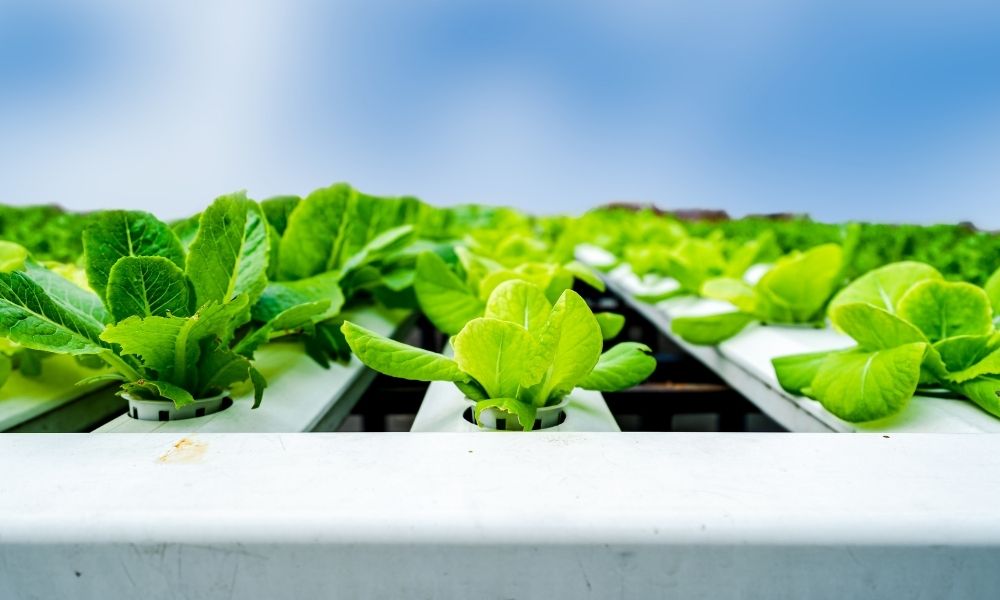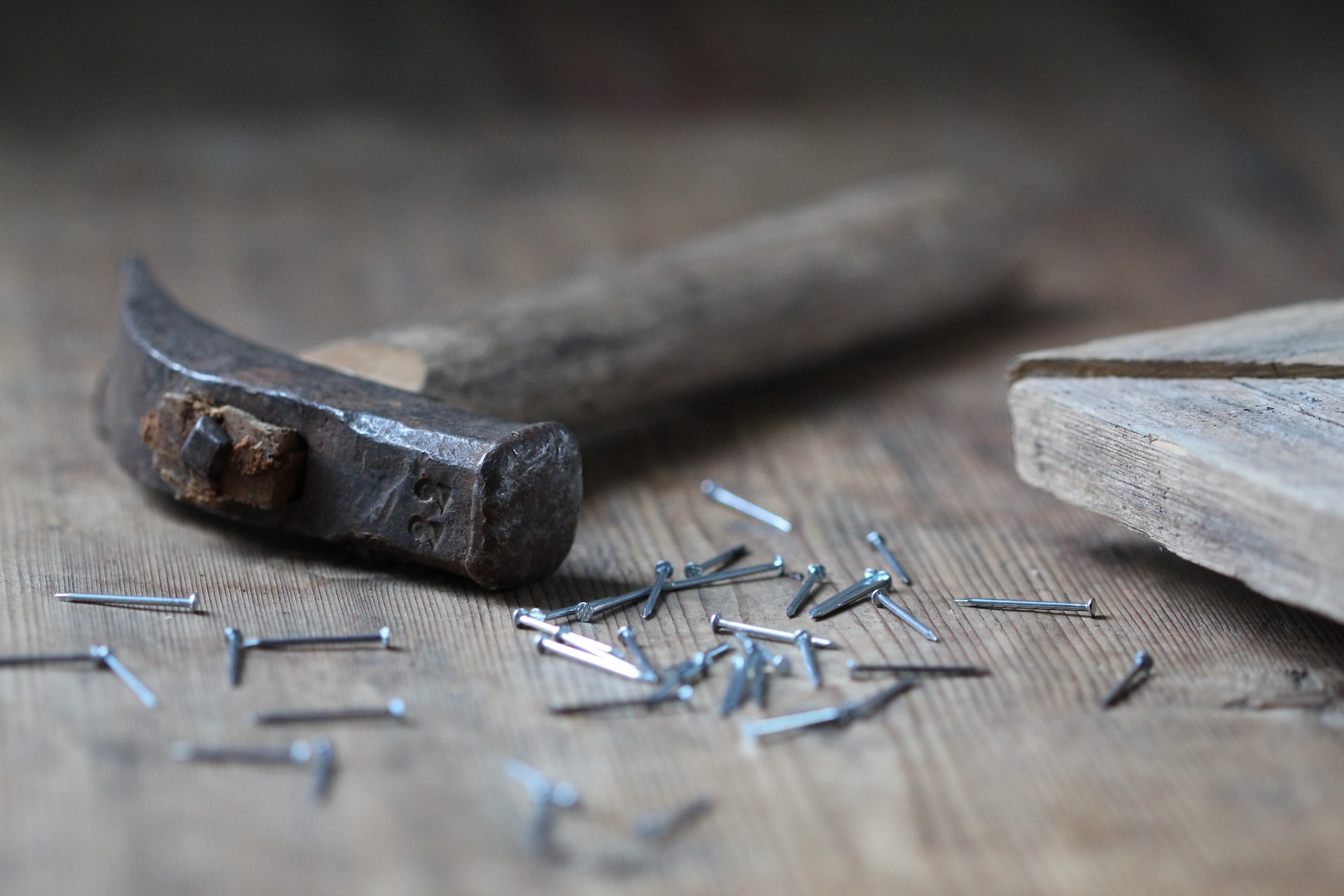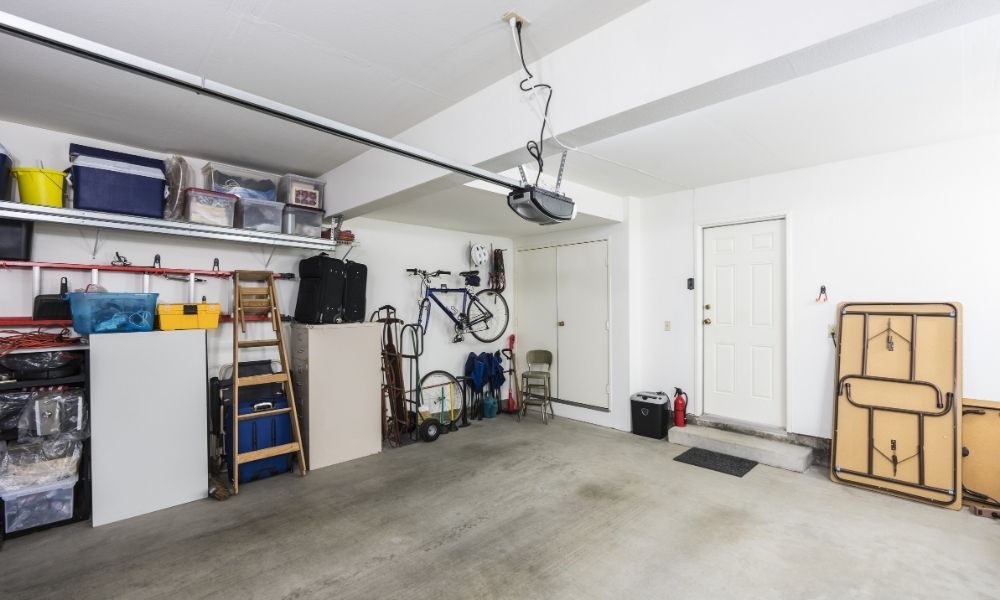Hydroponic gardening allows for year-round gardening sustainability with less water usage. If the futuristic appeal of hydroponics has caught your attention, but you don’t think you’re capable of maintaining your own garden, think again! Anyone can dip their toes into the world of hydroponics, even novice gardeners. Consider these tips for beginner hydroponic gardeners as you utilize your irrigation system to grow herbs, fruits, vegetables, and more.
Start Simple
As you begin, you may feel overwhelmed by all the options in front of you; factors such as what type of irrigation system to use, what to grow, and what nutrients you need can pile up quickly and complicate your plans. Calm yourself, and look at each element of your starter garden individually:
Beginner Irrigation System and Grow Mediums
What is hydroponics? This gardening method involves using zero soil and less water. Hydroponics utilizes growing kits, perfect for limited garden spaces. Agriculturists use hydroponic methods to grow crops in greenhouses or indoors, eliminating environmental elements that usually ruin crops planted in the soil.
When they first start, many hydroponic gardeners invest in simple, easy-to-maintain growing kits that provide containers, irrigation tools, and growing mediums. Simplify the first step to beginning a hydroponic garden by purchasing a bundle from a trusted hydroponic supplies retailer.
You may also decide to get crafty and make your own basic hydroponic garden with piping or recycled materials, such as plastic soda bottles.
What To Grow
The simplest plants to grow in a hydroponic garden are leafy greens, which fit into any healthy diet. Practice your hydroponic gardening skills with a few heads of lettuce or a spinach plant—avoid diving straight into the more fragile plants that rely on their natural region’s climate. Once you learn the basics, you’ll be able to grow exotic fruits and vegetables with ease.
What Nutrients To Buy
Where soil-based gardens rely on nutrients within the soil, hydroponic growing mediums don’t offer the same plant food as soil. Your plants will depend on you to feed them with the nutrients they require to survive. You can buy each nutrient a plant will need on its own, or you can search for a nutrient mixture that includes everything you may need.
As a beginner, a nutrient mix can save you the hassle of buying each chemical individually—just make sure to mix the solution into the water completely and read the directions carefully. Some nutrient mixes come in multiple parts to cater to your plants’ different growth stages.
Watch Your Plants Carefully
One of the most crucial tips for beginner hydroponic gardeners that applies to a gardener of any experience level is to observe your hydroponic plants carefully. Diseases and mildew can destroy entire harvests of hydroponic plants just as they would outside. If you keep an eye on your plants’ colorations, look for any powdery residue, and stay on guard for bug infestations, you can catch any serious issues before they impact your entire garden.
Enjoy This Eco-friendly Gardening
Gardening is a meaningful, productive, and enjoyable hobby. More so if you implement eco-friendly gardening practices, such as avoiding harmful pesticides, building with reused materials, and starting a compost bin. Hydroponics is one of the futures of farming because it’s also eco-friendly.
Soil-less farming techniques or hydroponics are more resource-efficient than traditional methods. This gardening method uses less water as compared to field crop watering. Commercial farming involves water run-off, evaporating in huge quantities. On the other hand, hydroponics recycles water and loses water in a small amount when evaporating.
Takeaways
You’ve learned the important tips for novice hydroponic gardeners. Hydroponics involves using grow kits that come with irrigation tools, growing mediums, and containers. You can grow abundant leafy greens, such as lettuce and spinach. Also, first-time growers should avoid mildew and pests with careful monitoring. Indeed, hydroponic gardening is a fun and productive activity, supplying space-restricted areas with fresh crops all year round.












